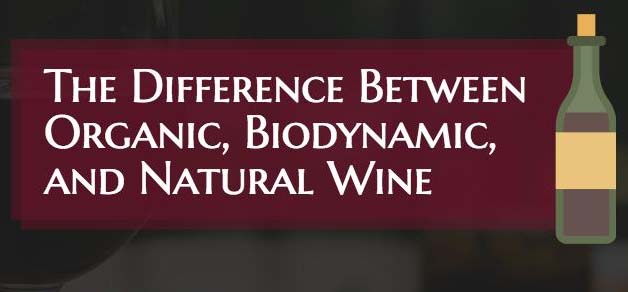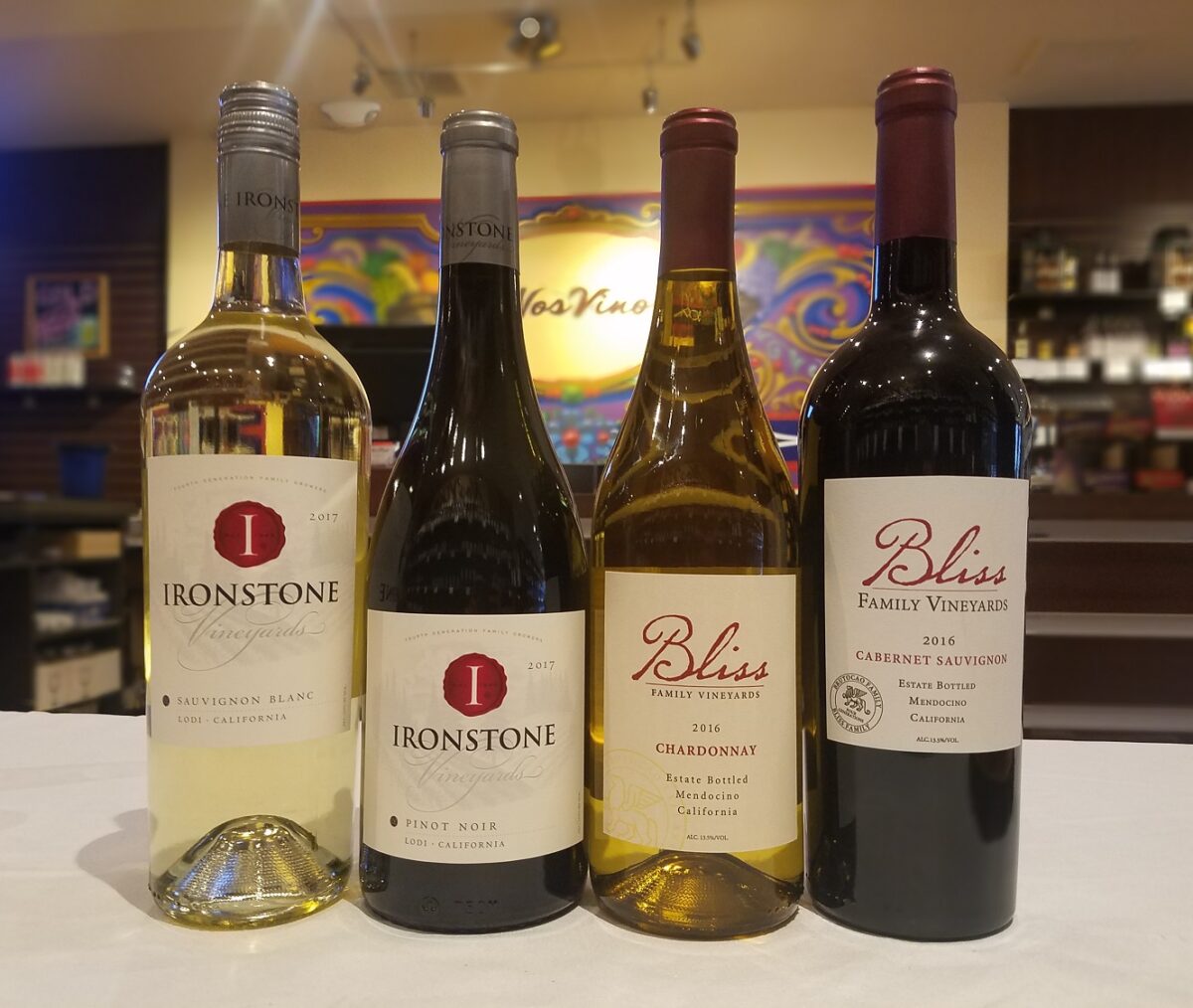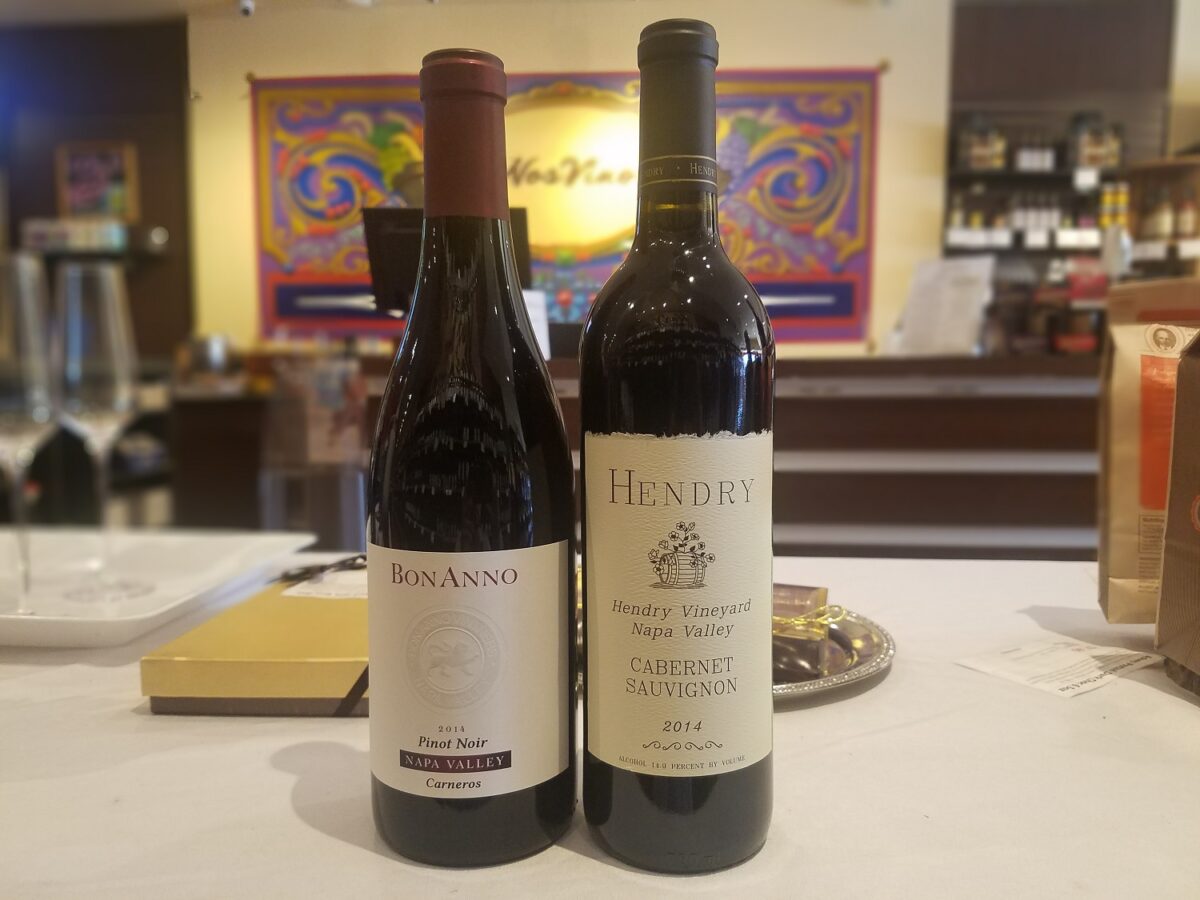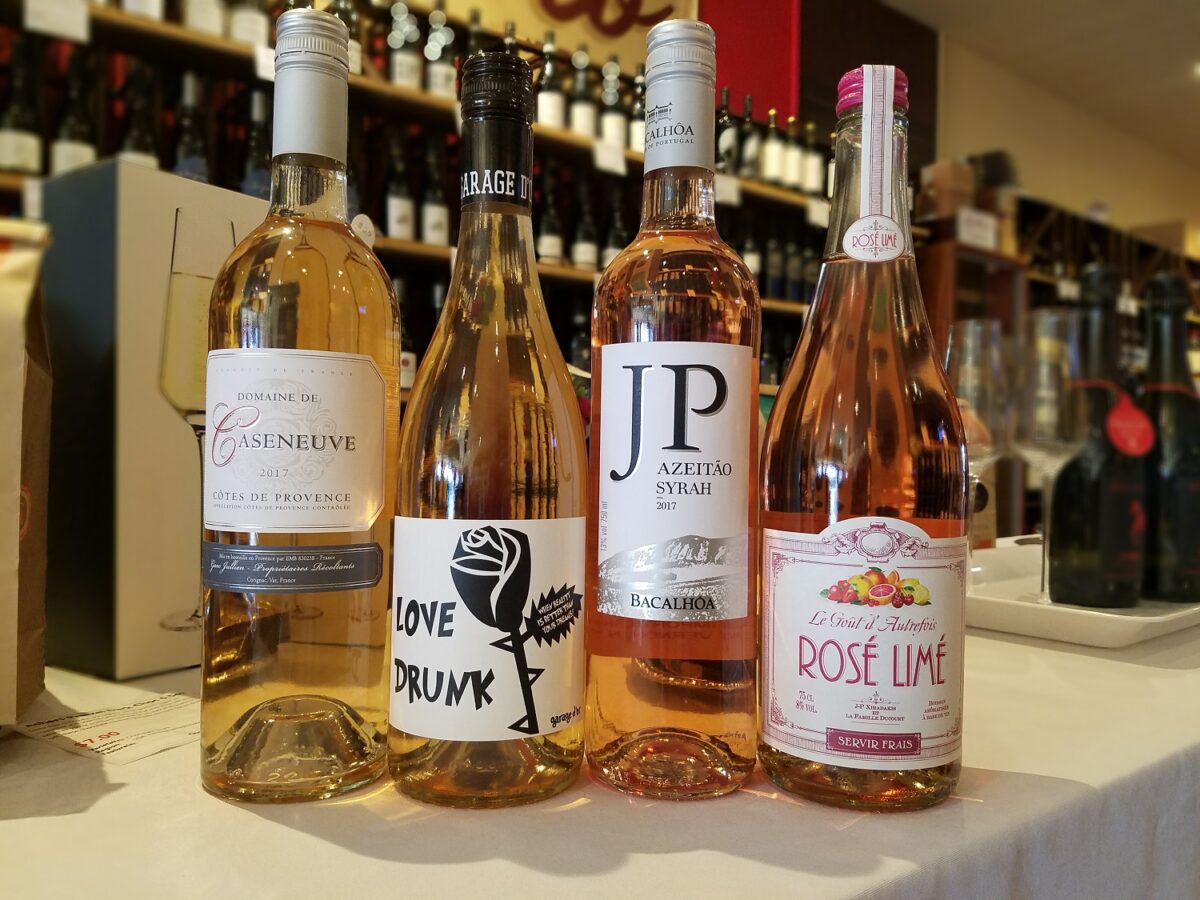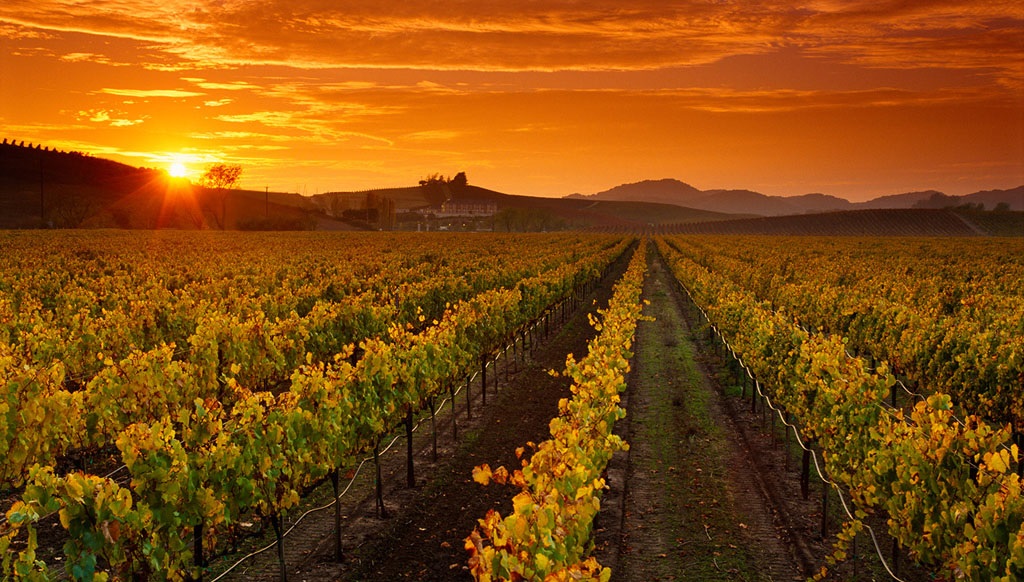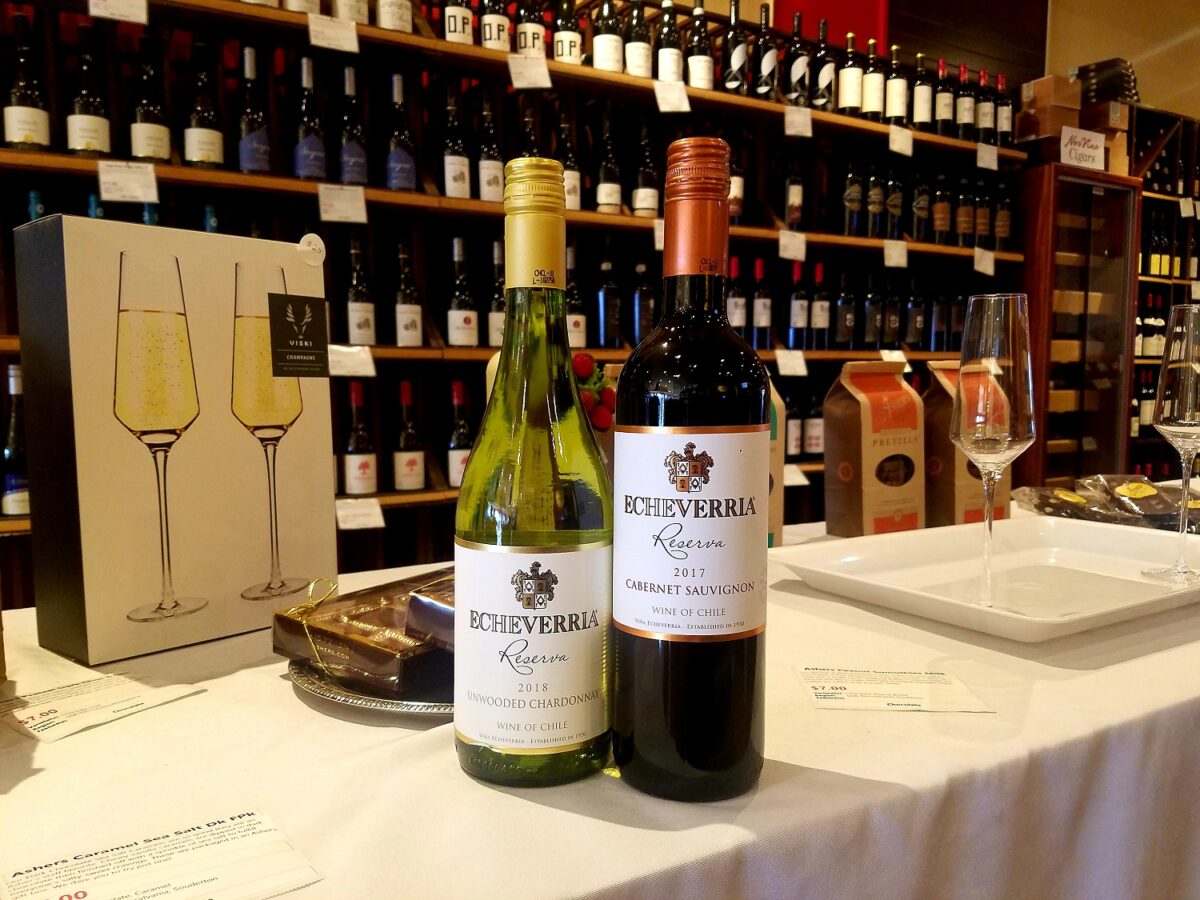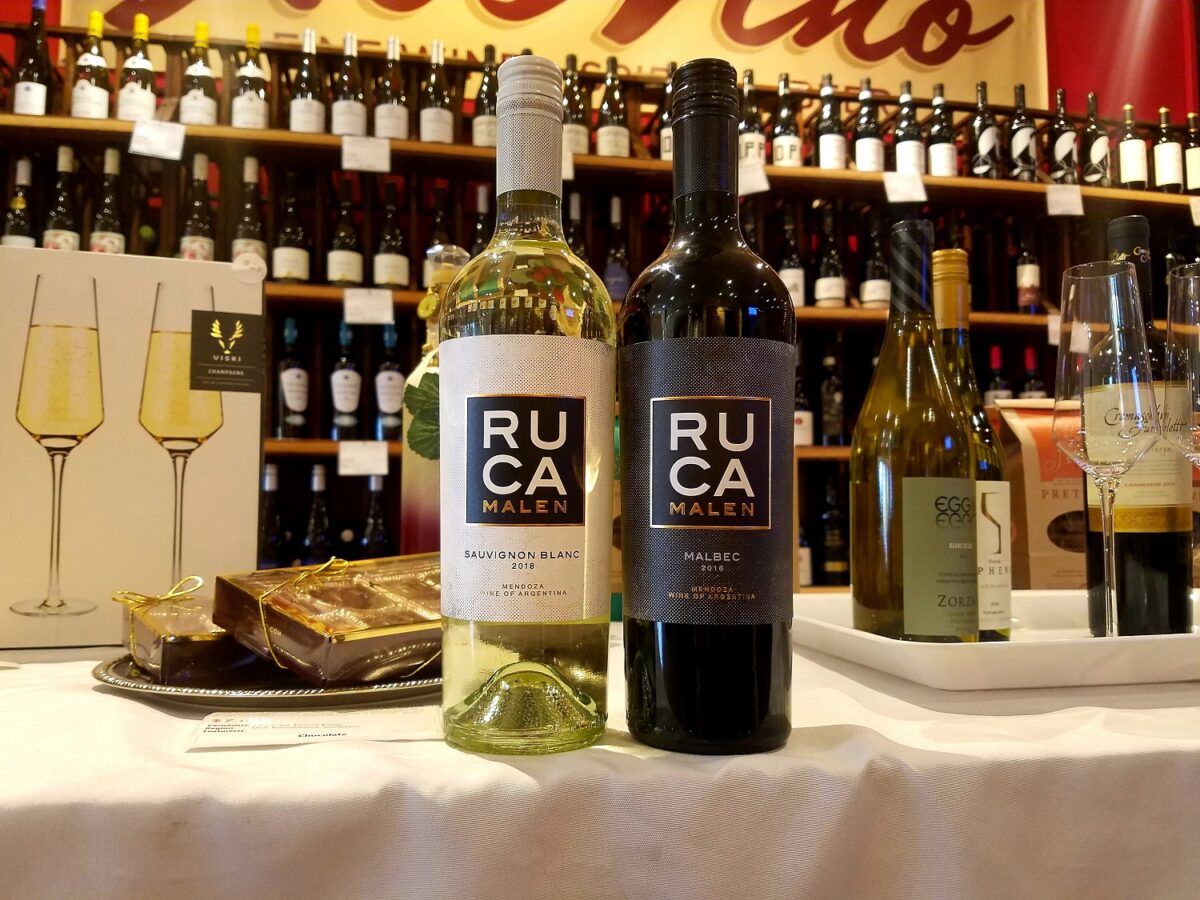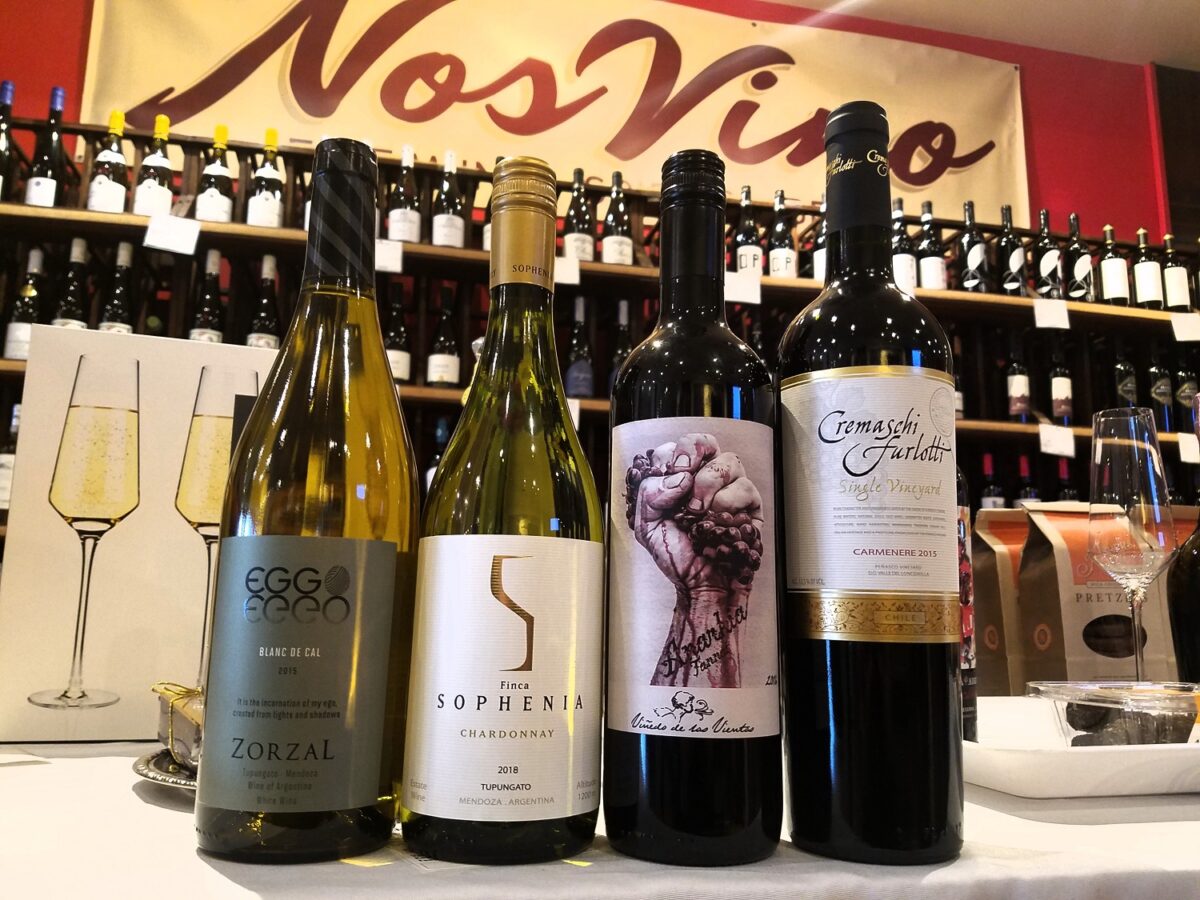Raise a glass with us in celebration of our miraculous planet as we welcome April and all the growing things which spring from this stunning Earth…such as wine grapes.
It is only appropriate that we begin this month with a little bubbly–a perfect choice for us is the Rischio Reale Prosecco from Veneto, Italy. Always an excellent accompaniment for commemorating a special occasion, this sparkling wine is also organic and Biodynamically farmed—Happy Earth Day! Rischio Reale is well-paired with springtime; it is fresh and fruity with aromas of crisp, golden apples and ripe pears; it is clean and delicate on the palate with whispers of succulent, fresh-picked tree fruit sweetness. This wine is proud to be environmentally conscious and is also vegan.
Now, as we enjoy our Prosecco, allow us to enlighten, in honor of all things ecological, some terms mentioned that may sound familiar but have us perplexed all the same. What exactly are organic wines? What is Biodynamic farming? Vegan–aren’t all wines vegan; they’re made from grapes, not giraffes, aren’t they? Here’s the deal:
Organic Wine
This is a term that can get fiddly because it means different things in different places. In the United States, for a wine to be labeled with the term “Organic” or to obtain the USDA organic seal, the winery must not use Sulfur Dioxide (a preservative that prevents re-fermentation in the bottle and prevents oxidation…and has been used for thousands of years). While this may sound all good and green, the absence of sulfites in a wine greatly reduces its shelf-life and makes quality a bit unstable. Wines that are labeled with the term “Organically Grown Grapes” are those whose vineyards are farmed using organic practices, meaning no pesticides, no chemical fertilizers, and no herbicides. These wineries also use about less than a third of the sulfites found in wines that are not farmed organically. In Europe, the term “Organic” signifies that the wine was made from organically grown grapes, but the addition of sulfites is also permitted.
Biodynamic Wine
A term and farming approach originated by Austrian philosopher and eccentric spiritualist, Rudolf Steiner, views the vineyard and all it encompasses as an ecological whole. It also functions under the belief that farming is in sync with the forces of the cosmos–it is organic farming with a dancing naked under a full moon twist. Biodynamic farming links harvesting to the phases of the moon; some practices may include filling a cow horn with manure, (obviously not a vegan practice) burying it in the vineyard soil through the winter, digging it up in the spring, and making a compost (almost like a brew) from it, which is then sprayed over the vineyard as a nutrient. Although these may seem like odd things to do, the immense care and attention that is shown to Biodynamically farmed vineyards make these wines something very special and unique—being handled with a natural love and consideration for the Earth.
Vegan Wine
“Is this wine vegan?” For most, it’s not something to even think to ask. Of course it is! Why wouldn’t it be? The truth is, not all wine is vegan and here’s why: Wine goes through a clarification process called “fining,” which makes the wine we see in our bottles and glasses crystal clear and dazzling. Without fining, wine would be cloudy and hazy…not the most attractive option. In order to clarify a wine, fining agents are used. These guys act like magnets that attach themselves to the haze-making molecules, creating larger and fewer particles which can then be removed, polishing and shining the wine for us—oh look, you can see your face in it! The downside to this makeover is that traditional fining agents consisted of egg whites, fish bladders, and milk and animal proteins. Even though they are not additives to the wine and are processed out, they are still used in the production and, therefore, not considered vegan. There is a bright, new future, however. Many winemakers are now using clay-based fining agents (such as bentonite) to clarify wine. Although this is the case, you won’t typically see a label on wines letting you know that they are vegan; asking these questions at your trusted wine shop (ahem…) will help ensure you get exactly what you are looking for.
Natural Wine
Although we haven’t mentioned this term yet, it warrants some explanation. Natural wines are those which are made with little or no intervention from chemicals or technology from start to finish (in the vineyard or cellar). All natural wines are farmed organically and most growers practice Biodynamic farming as well. The idea is to not add or subtract anything from the wine. Therefore, the wine contains no additives, no chemicals, no filtering, no cultured yeasts, no sulfur (although some add tiny quantities at bottling), and no influence from oak barrels. Natural wines are far less manipulated and made with a passion to adhere to all things honest and unaffected. So what do they taste like? Hmm…there’s a question. That’s for you to decide – for they are delicious, funky, weird, exciting, and sometimes a bit fizzy—in a word, unpredictable, but that’s what makes them so attractive.
Well, that’s the gist of it. Have you finished your delicious Earth-friendly bottle of Rischio Reale yet? Come visit us this month and discover drinking wine the way nature intended—from a stemmed glass (only kidding, you can have it in a tumbler, too).

